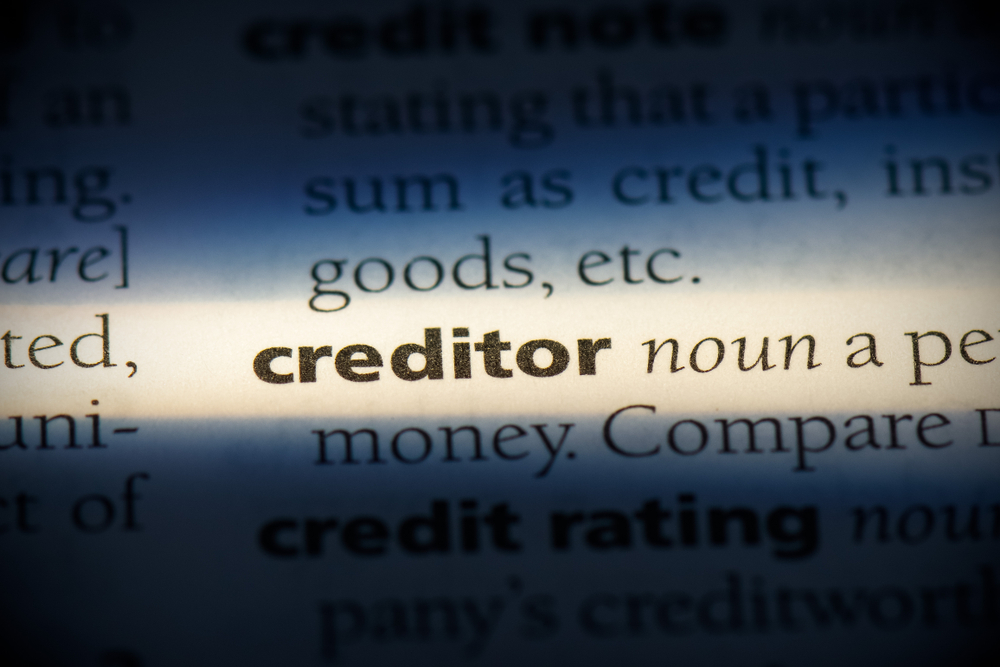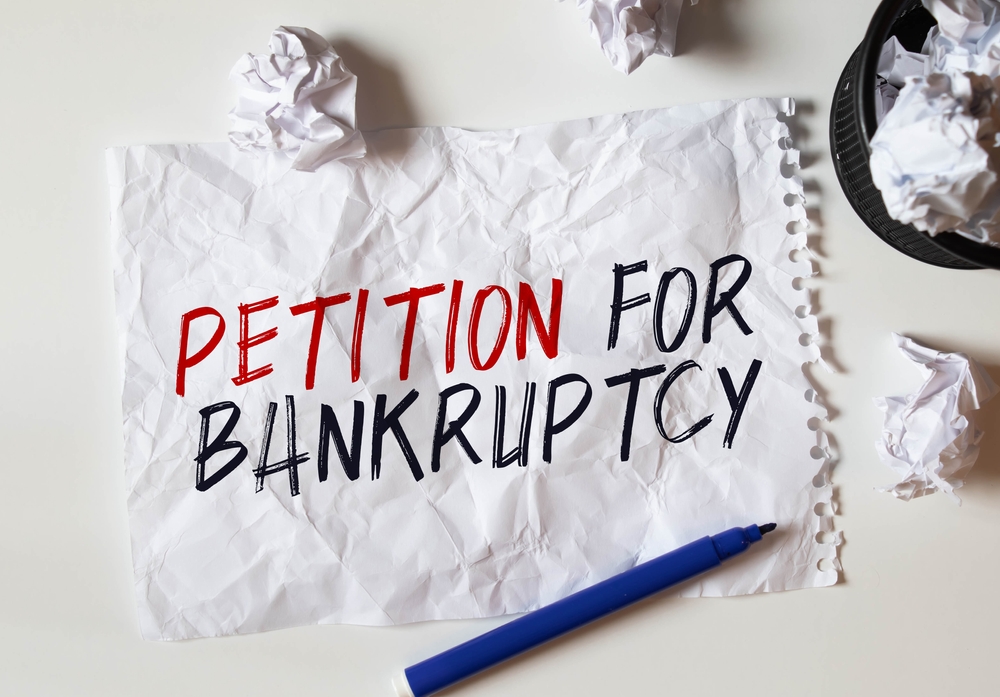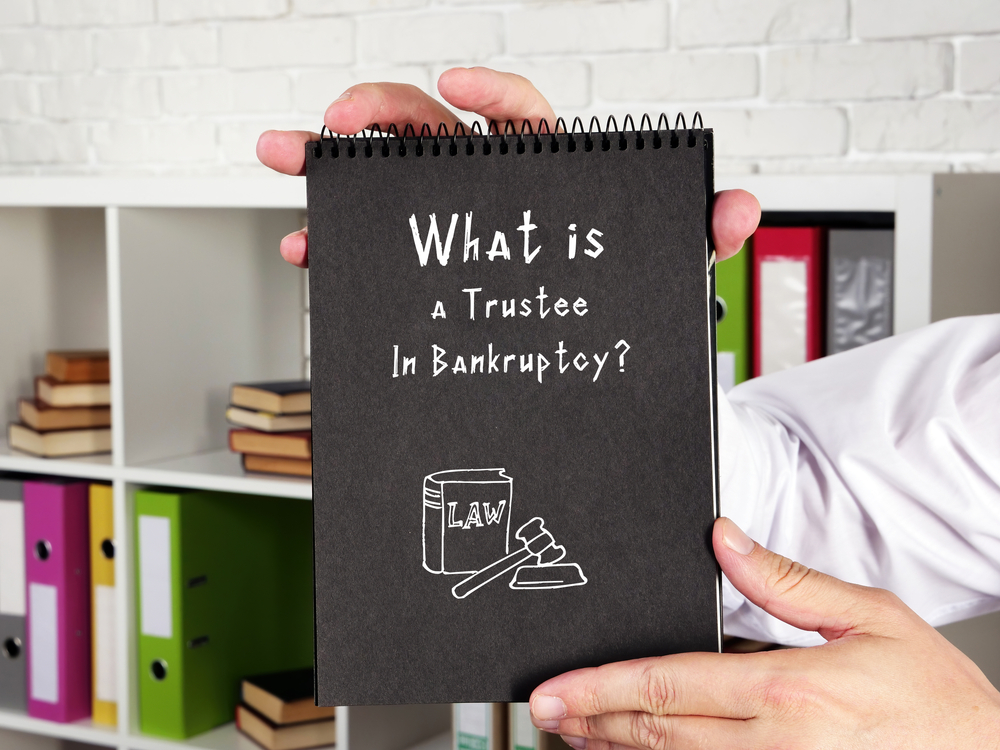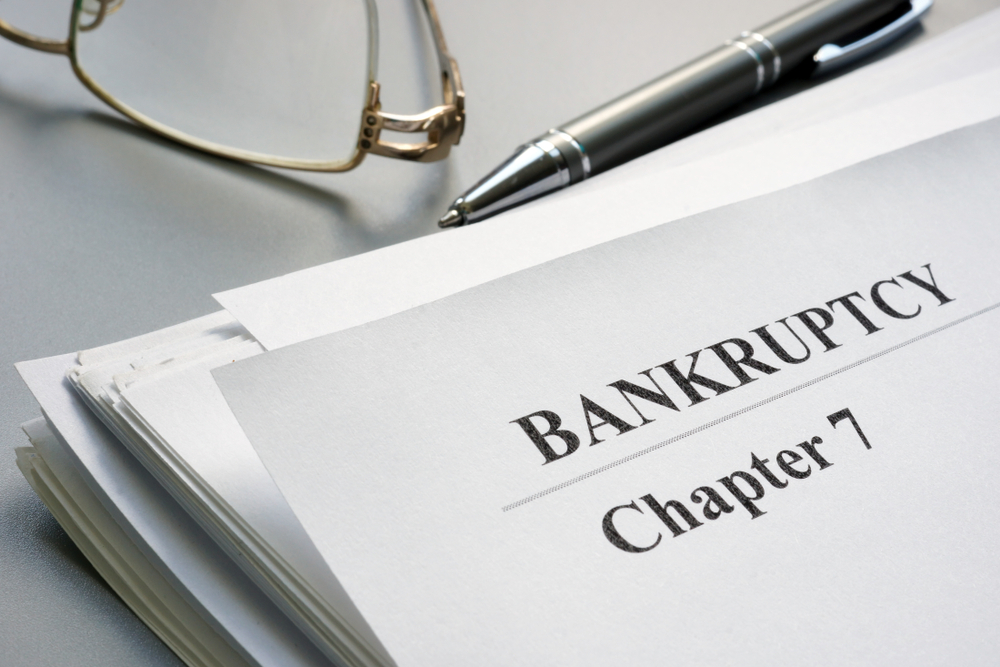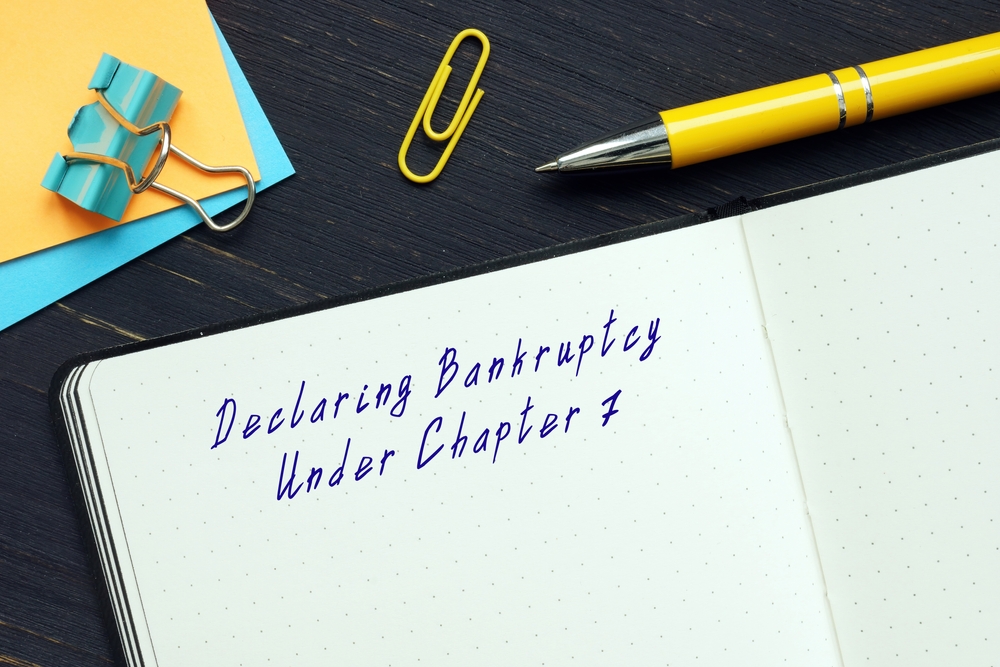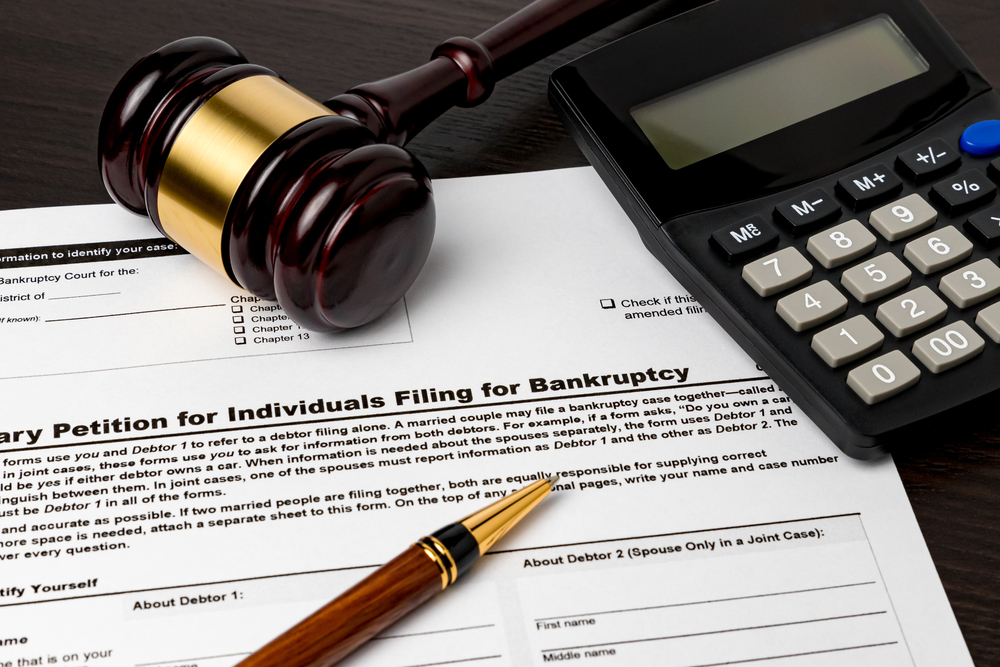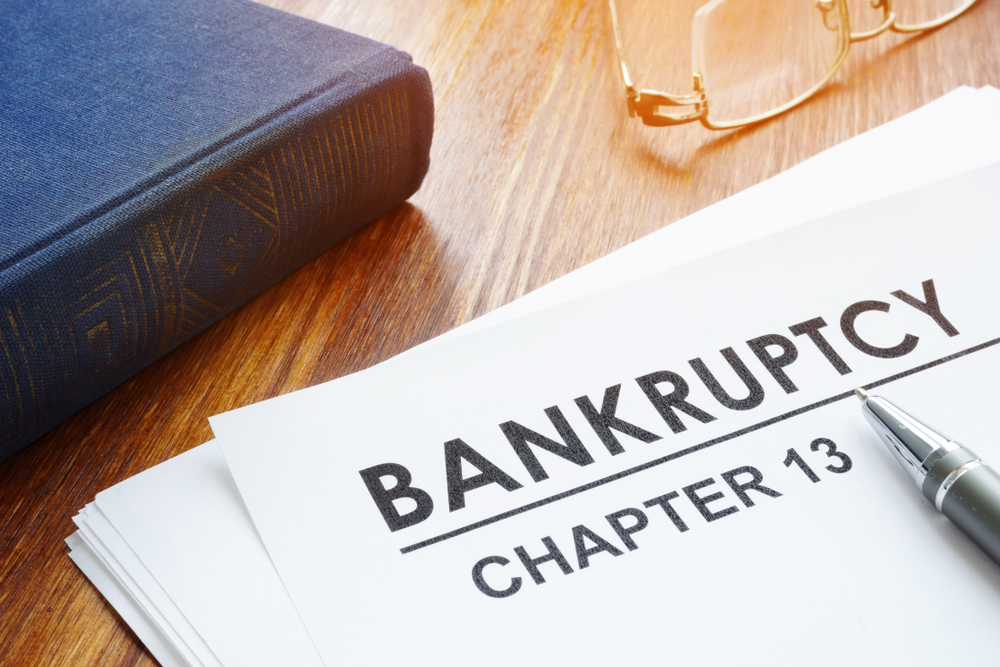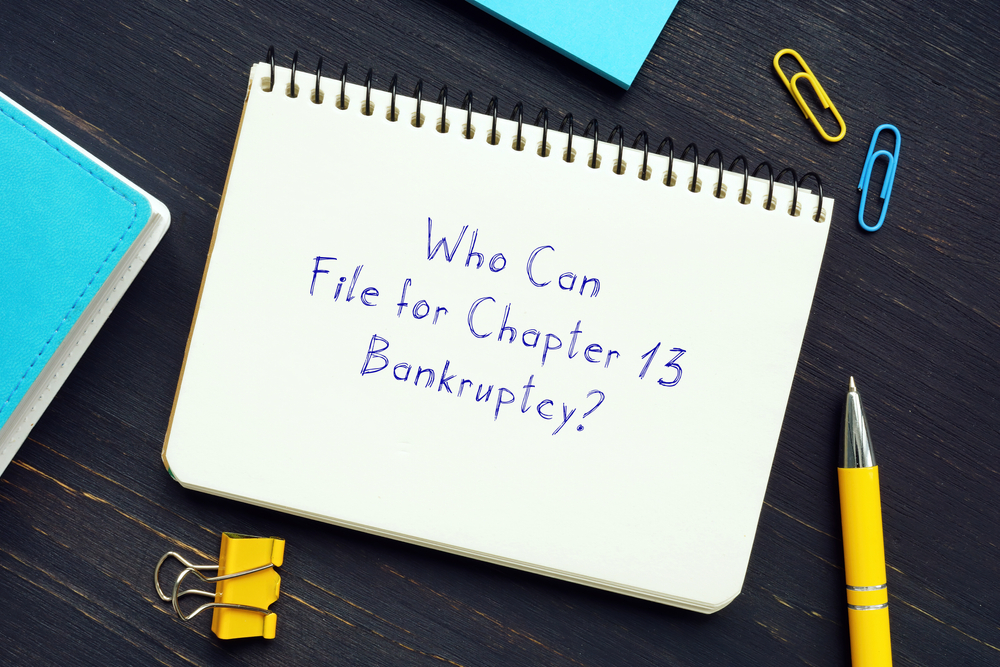Over the years, I have seen some brave Minnesotans think it is a good idea to file bankruptcy themselves. Here is what they quickly discovered. For those I spoke with, they regretted filing bankruptcy themselves. Usually that regret surfaced after meeting with a Chapter 7 trustee and after listening to the trustee’s commentary and realized, they were in some trouble.

FILING BANKRUPTCY YOURSELF WILL LIKELY RESULT IN REGRET
Over the years, I have seen some brave Minnesotans think it is a good idea to file bankruptcy...

